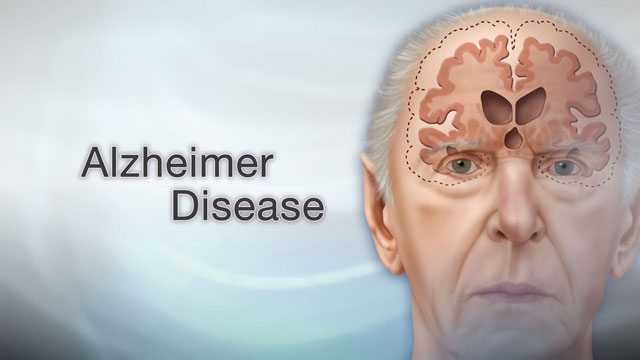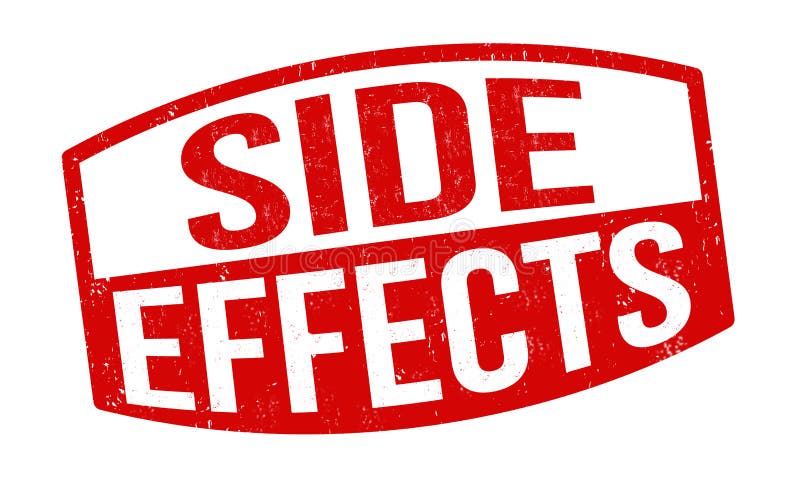
Statistics
Almost 90% of older adults regularly take at least 1 prescription drug, nearly 80% take at least 2 prescription drugs, and 36% take at least 5 different prescription drugs. However, up to half of them do not take medications as prescribed by their doctor. (Merck Manuals, 2021). There are six classes of drugs: antidepressants, pain relievers, anti-anxiety drugs, seizure medications, cardiac medications and anticonvulsants (Merck Manuals 2021). In the United States in 2013, there were nearly 47 million prescriptions for antidepressants dispensed. Of these prescriptions 10% were written for children aged 6 to 12 years old and 70% of the prescriptions were written for adults aged 18-65 years old; 2% was written for patients aged 65 or more (Merck Manuals 2021).
Reasons That Elderly Don’t Take Prescribed Medicine
1. Alzheimer’s or Dementia

a.Elderly individuals who suffer from Alzheimer’s or Dementia can be prone to forgetting to take their prescribed medications, as they may not remember why they are taking them or the time in which they need to take them. Additionally, this can be compounded by any other physical or mental ailments that the individual may be suffering from.
b. Sometimes, they cannot recall the correct dose of their drugs , so it is up to the individual to keep track of when they need to take their daily dose. It is important that someone else, preferably a family member, makes sure that the elderly individual takes their medication as prescribed. In order to avoid forgetting a dose while on vacation or other trips out of the country, individuals with Alzheimer’s or Dementia may want to carry their medications with them.
c. Further, there may be a risk of overdosing since elderly patients who take multiple medications might find it difficult to remember whether they have taken their pills or not. In such a situation, the danger of accidental overdosing is very real and must be taken into consideration.
2. Lack of acknowledgement of the need for the medicine

a. 40% of elderly patients do not know the purpose of the medicine, the nature of the side effects, or the time it takes to see results. This is especially true for patients with chronic illnesses. For instance, cancer survivors have to take medication after treatment constantly. Therefore, it might not be evident for them to understand the need for medication after recovery. The lack of understanding and acknowledgement of the need for medication can have serious consequences for the health of elderly patients, particularly those with chronic illnesses. Patients who do not understand the purpose and benefits of their medication may be more likely to skip doses, take incorrect dosages, or stop taking their medication altogether. This can lead to worsening health conditions, further complications, and even hospitalization.
b. Lack of symptoms: Elderly who do not feel any difference after the medication might assume that the prescribed drug is useless. Besides, once they feel better, they may think the problem is solved and stop the medication. The lack of symptoms can also contribute to medication non-adherence among elderly patients. Some patients may assume that the prescribed drug is useless if they do not feel any difference after taking it, leading them to stop taking the medication. Others may feel better after taking the medication and assume that the problem is solved, leading them to discontinue the medication prematurely. This can be particularly problematic for chronic conditions that require ongoing medication to manage, such as hypertension or diabetes.
3. High cost
A significant barrier to medication adherence is the high cost of prescribed drugs. Most seniors are living on fixed retirement incomes. It means that many of them cannot afford expensive medications. Therefore, they will choose not to refill their prescriptions or take half a dose each time. This leads to a waste of medication, which can be expensive, and a lower quality of life. Medication adherence means taking the full dose or following it up with another source. If someone doesn’t stick to the prescribed schedule, they are putting their health at risk by not taking necessary medications and irritating other issues like depression or Alzheimer’s disease that may require the use of medicines.
4. Fear of side effects

a. Some elderly patients may be frightened of potential side effects of medication due to a lack of knowledge or understanding about the drug. They may be afraid of experiencing negative effects such as nausea, dizziness, or headaches, and choose not to take the medication as prescribed.
b. Elderly patients who have experienced side effects with the same or similar medication in the past may be hesitant to take the medication again. They may be concerned that they will experience the same side effects or worse, leading them to avoid taking the medication altogether.
c. Elderly patients who have witnessed friends or family members experience serious adverse effects from the same medication may be concerned that there is a problem with the medication given to them. They may assume that they will experience the same adverse effects, leading them to avoid taking the medication as prescribed.

5. Mistrust

Mistrust is another factor that can contribute to medication non-adherence among elderly patients. Some elderly patients may be overwhelmed by news coverage of marketing efforts by pharmaceutical companies that influence physician prescribing patterns, leading them to become suspicious of their doctor’s motives for prescribing certain medications. They may believe that doctors are fraudulent and are only interested in making money from prescribing medication.
6. Religious beliefs
Religious beliefs can also play a role in medication non-adherence among elderly patients. Some religious groups may believe that God is the ultimate healer and therefore resist taking medication because they believe that every injury and death is God’s will. For example, some members of the Jehovah’s Witnesses do not accept blood transfusions, even if not doing so could take their lives
Do not force your loved one to take medications “for his or her good”. Instead, set aside time to understand why they refuse medication. There might be some misunderstanding or miscommunication.
A Pillar of Strength in Golden Years: 10 Paths on How Regular Screenings Uphold Your Health
In the evocative voyage of life, the golden years emerge as a time to relish the fruits of decades of labor, to bask in the
Unlock the Secret to Sweet Dreams: 10 Ways of Enhancing Sleep Quality as You Age
Share on facebook Facebook Share on twitter Twitter Share on linkedin LinkedIn Share on pinterest Pinterest Share on telegram Telegram Share on whatsapp WhatsApp Share
Building Bridges, Not Walls: 10 Methods of Mastering the Art of Cultivating Social Connections in the Golden Years
Share on facebook Facebook Share on twitter Twitter Share on linkedin LinkedIn Share on telegram Telegram Share on whatsapp WhatsApp Share on email Email Share
Navigating the Golden Years: 10 Ways to Achieve Emotional Wellness and Conquering Loneliness
Share on facebook Facebook Share on twitter Twitter Share on linkedin LinkedIn Share on pinterest Pinterest Share on telegram Telegram Share on whatsapp WhatsApp Share
Stay Brainy in Your Golden Years: 10 Fun Activities to Keep Your Mind Sharp and Engaged!
Hello, brain buffs! Aging might be inevitable, but letting our minds turn to mush? No way, José! Time to boot up those brain cells and
10 Effective Exercise Routines for Older Adults: Low-Impact Fitness Options
Of course, maintaining physical health is crucial at any age, but especially so as we grow older. Here are ten gentle, effective, and friendly exercise
